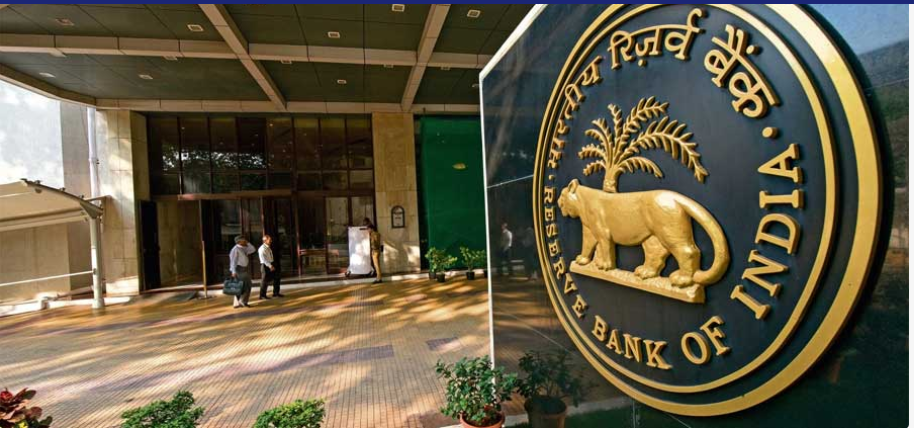In a bid to fortify the regulatory framework within India’s financial sector, the Reserve Bank of India (RBI) has recently finalized a comprehensive framework for Self-Regulatory Organizations (SROs) operating within regulated entities. This initiative aims to enhance transparency, accountability, and efficiency in the financial markets while promoting self-governance among various market participants. This article delves into the nuances of the RBI’s framework, its implications on the financial ecosystem, and the potential benefits it offers to stakeholders.

The Indian financial sector is witnessing rapid evolution, driven by technological advancements, globalization, and dynamic regulatory reforms. Amidst these changes, the role of regulatory bodies in maintaining market integrity and stability has become paramount. Recognizing the need for a more collaborative and inclusive regulatory approach, the RBI has taken a significant step by finalizing a framework for SROs.
Self-Regulatory Organizations (SROs) are industry associations or bodies comprising members from a particular sector, entrusted with the responsibility of formulating and enforcing regulations within their respective domains. These organizations play a vital role in complementing the efforts of regulatory authorities by overseeing compliance, setting industry standards, and resolving disputes within the sector.
In the realm of financial services, regulated entities such as banks, non-banking financial companies (NBFCs), stock exchanges, and insurance companies operate under the purview of regulatory authorities like the RBI, SEBI (Securities and Exchange Board of India), and IRDAI (Insurance Regulatory and Development Authority of India). The introduction of SROs within these entities introduces an additional layer of oversight and governance.
The RBI’s framework for SROs is designed to foster collaboration between regulatory authorities and industry stakeholders while promoting self-regulation and adherence to best practices. Some key features of this framework include:
- SROs seeking recognition by the RBI must fulfill certain eligibility criteria and adhere to prescribed standards of governance, transparency, and accountability.
- SROs are required to establish robust governance structures, including boards comprising representatives from member entities, independent directors, and experts in relevant fields.
- While SROs are granted autonomy in formulating and implementing regulations, they are subject to regulatory oversight by the RBI to ensure compliance with statutory requirements and safeguard the interests of investors and consumers.
- SROs are mandated to develop and enforce a code of conduct that delineates ethical standards, professional behavior, and disciplinary measures for members.
- Dispute Resolution Mechanism: SROs must establish efficient mechanisms for resolving disputes among members and between members and clients, thereby fostering trust and confidence in the financial system.
The introduction of a comprehensive framework for SROs is expected to have far-reaching implications across the financial ecosystem:
- By delegating certain regulatory functions to SROs, the RBI aims to enhance the effectiveness of supervision and enforcement within regulated entities, thereby promoting market integrity and stability.
- The existence of robust SROs instills confidence among investors, consumers, and other stakeholders by ensuring adherence to industry standards and ethical practices, thereby mitigating risks and enhancing transparency.
- SROs can play a pivotal role in fostering innovation within the financial sector by providing a conducive environment for experimentation, while ensuring that risks are adequately managed and consumer interests are protected.
- The involvement of SROs in compliance monitoring and enforcement can streamline regulatory processes for regulated entities, reducing administrative burden and facilitating timely adherence to regulatory requirements.
- SROs are expected to promote greater accountability among members by establishing transparent governance structures, implementing rigorous oversight mechanisms, and enforcing disciplinary actions for non-compliance.
While the RBI’s framework for SROs holds significant promise, its successful implementation may face certain challenges:
- SROs may require substantial capacity building initiatives to effectively discharge their regulatory responsibilities, including training programs, infrastructure development, and expertise enhancement.
- Ensuring seamless coordination between SROs and existing regulatory authorities is essential to prevent overlaps, conflicts, or gaps in regulatory oversight.
- The effectiveness of SROs hinges upon active participation and engagement from member entities, necessitating efforts to incentivize compliance and foster a culture of self-regulation.
The RBI’s initiative to finalize a framework for SROs marks a significant milestone in India’s regulatory landscape, signaling a shift towards collaborative governance and enhanced market discipline. By empowering SROs to oversee compliance, set industry standards, and resolve disputes, the framework seeks to promote integrity, transparency, and stability within the financial sector. However, the success of this initiative will depend on concerted efforts from regulators, industry stakeholders, and SROs themselves to navigate challenges, foster innovation, and uphold the highest standards of governance and accountability





